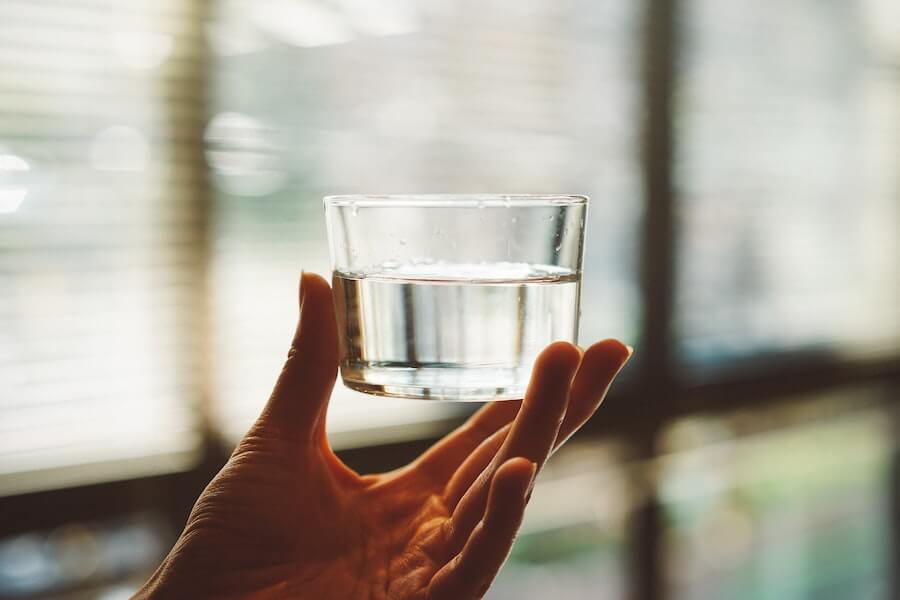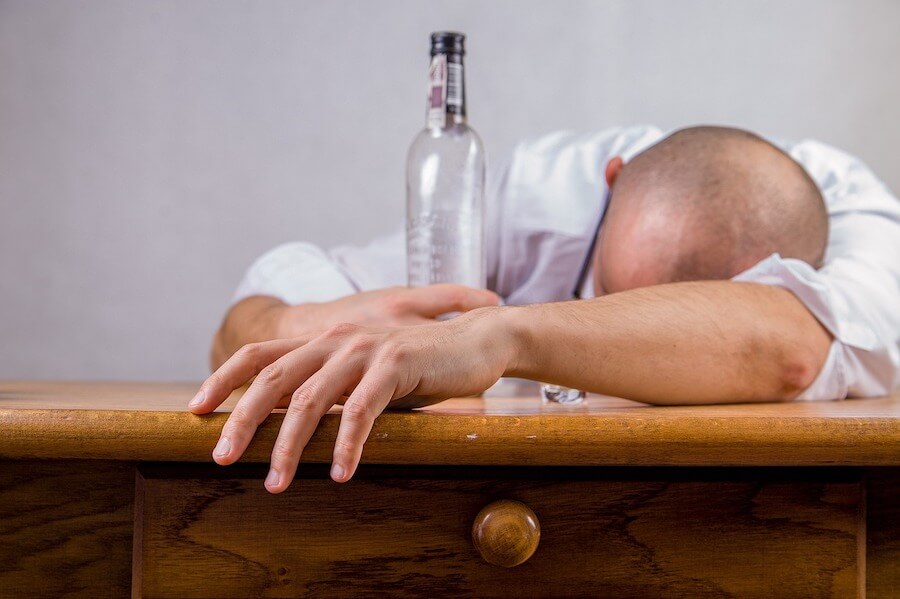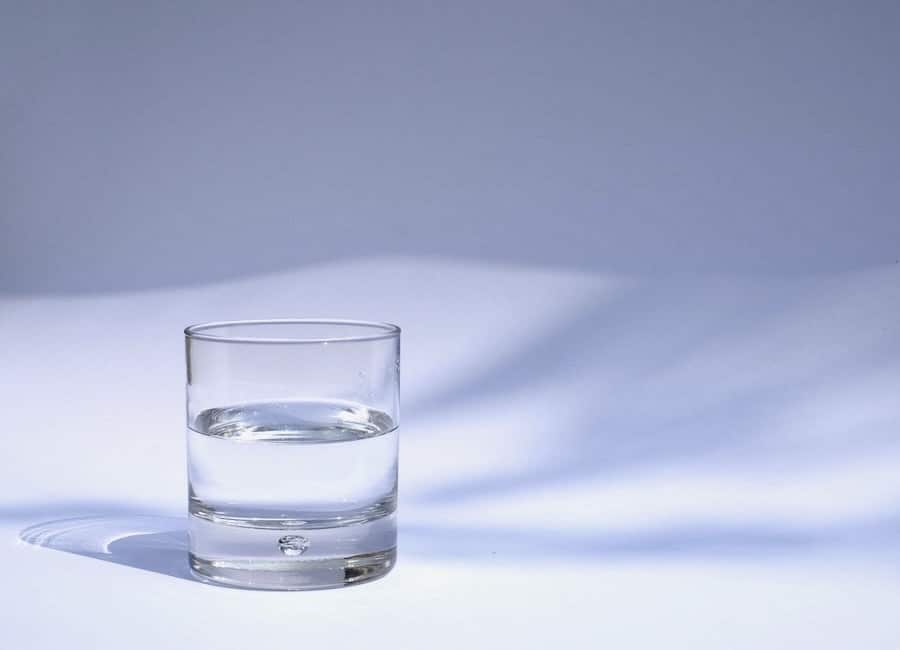Considering a water fast and curious about when you’ll stop feeling hungry?
I hear you.
It can be daunting, especially if you’ve never fasted before.
The idea of nothing passing your lips except water (ok and maybe some herbal tea or black decaffeinated coffee) for a day, or even a few days, can sound like an impossible feat.
You may wonder whether you can include a little vegetable broth during the fast for your first day.
And while some people choose to include a small amount of broth on the first day of their fast, a strict water fast won’t include any broth.
But including a bit of broth on the first day of their fast can be a way to help transition more smoothly from our standard diet to a full-on fast.
And understanding hunger patterns is crucial regardless of the approach you choose.
And naturally, you may be feeling a bit intimidated by the idea of all that hunger.
I mean if you get hungry when you’re just half an hour late for a meal, what will happen if you don’t eat for a whole day?
Well, contrary to what you might expect, hunger cravings don’t increase in a linear fashion.
Instead, they peak and then wane until eventually, they switch off almost completely as your body switches to burning fat for energy instead of the carbs from food.
For most people, hunger drops or completely stops after the first day or during the second day of fasting.
This means that the first two days of fasting are the hardest.
The body’s response to fasting is hugely individual, and it’s affected by so many factors such as age, sex, weight, eating habits, psychological attitude, relationship to food, expectations of fasting and more.
Every person is intricately different.
The most important thing is to listen to your body and respond to it, and then you’ll be able to reap all the benefits of water fasting or of intermittent fasting.
Ready to dive deeper into water fasting? Explore my personal experience with a 5-day fast or our comprehensive guide to intermittent fasting for vegans, and discover how these practices can transform your health and well-being.
Right now, roll up your sleeves as we take a more in-depth look into the hunger patterns you may experience on a water fast and how to get the most out of it.
Table of Contents
Bottom Line: When Do You Stop Feeling Hungry on a Water Fast?
While everybody’s different, most people report that their hunger levels drop or even cease completely at some point during day two. Others may find it gets easier from day three onwards. Cutting out sugar and processed foods, as well as eating less before you start the fast can help to make it easier to succeed without having to go through extreme hunger or heavy cravings at the beginning of the water fast.
Hunger Levels and Water Fasting
What many of us don’t realise is that hunger isn’t something which kicks in and just grows and grows, like a tree aiming for the sunshine in a forest.
No, hunger’s something that kicks in in waves. It grows, peaks, and then subsides.
And once the body switches over to burning fat for fuel, the hunger pangs will subside.
All of us know someone who’s so governed by their hunger that they’ll get cranky if you’re out somewhere and haven’t found an eating hole at exactly the right moment.
It’s MEAL TIME!!
Time to eat!
I have to eat!
And then the grizzly bear makes his/her appearance, growling and grumbling until a plate of food is put before him/her.
What this person hasn’t realised is that the relationship between eating and hunger, or more precisely, the control of that relationship is in their hands.
Of course, many things can affect these types of hunger pangs and not least of all, an addiction to sugar will create a false hunger which can create havoc in an otherwise sensible moment.
People think they’re at the mercy of their hunger and they absolutely must eat. But if they went through that peak moment, their hunger would (eventually) begin to subside.
And that’s because of the hunger hormone, Ghrelin, which is released to indicate that it’s time to eat.
Ghrelin and its Role in Hunger
Ghrelin is the hunger hormone. It’s a great name, isn’t it . . . if you forget what it’s called just remember it as the hunger Gremlin! lol.
Its job is to signal to the brain that it’s time to eat. We all know that when we eat at a certain time every day we’ll get starving hungry at precisely that time each day.
That’s not because it’s the best time of day to eat, it’s not even because our body thinks it needs to eat at that time, but rather because the body anticipates the habitual feeding time and releases the hormone ghrelin to remind the brain to eat.
If you were to eat on the dot of every hour, your body would start to expect feeding on the dot of every hour. Not because it needs so much food, but because ghrelin would become over-active in sending signals.
Ignore Hunger Waves While Fasting
(In the video he mentions results that were discovered in mice but that doesn’t mean I agree with mice for testing dieting results etc.)
Why Would You Fast?
Fasting is a great way to discover just how well we can function without food.
With fasting, the expectation of food is broken and the body learns to switch over to burning fat for fuel, just as it would if you practised a keto diet.
But the problem with a keto diet for vegans (in my opinion) is that it’s too restrictive. Many of the healthy vegetables we eat are high carb for a keto diet, but they actually form a healthy part of our WFPB diet.
The role of ketone bodies is useful while fasting, but in the feasting window, I prefer to eat a balanced plant-based meal and include oily foods like avocado which are whole and healthful.
Fasting’s a way to break the chains we all wear and which attach us to food and make us dependent on specific eating times.
It can literally liberate us from living in slavery to ghrelin.
Personally, I wouldn’t recommend extended fasts just to lose weight.
Weight loss can be done through intermittent fasting rather than extended fasting. Of course, you can choose to do an extended fast AND want to lose weight but it shouldn’t be your only goal.
Extended fasting should be because you want to live the experience and get to know yourself in a new way.
It’s empowering and inspiring.
So I guess it could be described as a spiritual practice.
Whatever the motivation for doing a water fast, remember that you must listen to your body and take it seriously.
Hunger is one thing, but any ill effects need to be addressed so that you don’t inadvertently do yourself any harm.
Leptin and Hunger
Leptin’s another hormone that’s related to the whole eating scene, but leptin’s job is to send the signals to the brain that you’re full.
You’ve eaten enough and it’s time to stop.
A drop in leptin levels may increase hunger. But it isn’t always that simple, as you may have high levels of leptin and be resistant to it, or low levels of leptin and be extremely sensitive to it.
So you can’t just take a measurement of leptin to predict hunger levels in individuals.
Leptin is manufactured by fat cells and as you lose weight and fat, the production of leptin can drop dramatically, leading to over-eating and constant hunger so often associates with after-dieting-failures.
However, in one study, leptin levels increased during Ramadan, demonstrating the complex relationship between the hunger hormones and a possible effect on the host.
What’s the Role of the Hormone Leptin?
When Shouldn’t You Water Fast?
Fasting with just water is an empowering experience, but only if you’re really able to keep control and a sense of wellness.
For anybody with a history of an eating disorder, it would be best to avoid fasting, as it could just become a trigger to make them worse.
Also, anyone who is underweight, taking medication, pregnant or breastfeeding should skip the fasting practice, as should young children, adolescents and the elderly.
Fasting’s a great experience but it won’t be perfect for everybody, so take it seriously and make sure you do your due diligence.
This article is written in the hope that it helps you to discover the joys of fasting and it not intended to give medical advice in any way shape or form.
Please consult your doctor or nutritionist before you go on a fast if you have any doubts whatsoever.
And otherwise, I wish you good luck and enjoy your fast!








